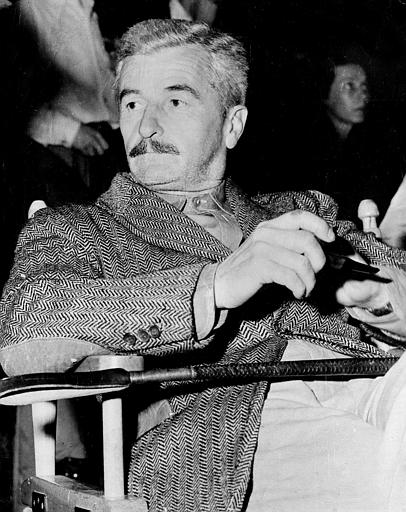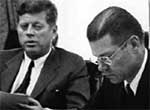 I have always been perplexed by Faulkner's Nobel Prize Banquet Speech. Not merely endure? Will prevail? Could an explanation be that it was written in 1949, not long after the end of World War II, and people needed something to hang on to?
I have always been perplexed by Faulkner's Nobel Prize Banquet Speech. Not merely endure? Will prevail? Could an explanation be that it was written in 1949, not long after the end of World War II, and people needed something to hang on to?Faulkner said: "I decline to accept the end of man. It is easy enough to say that man is immortal simply because he will endure: that when the last dingdong of doom has clanged and faded from the last worthless rock hanging tideless in the last red and dying evening, that even then there will still be one more sound: that of his puny inexhaustible voice, still talking. I refuse to accept this. I believe that man will not merely endure: he will prevail."
But wait a second. Who says that man should even endure, let alone, prevail? (And his statement: I refuse to accept this... Could this bold assertion be just one more example of what he, himself, calls: our puny inexhaustible voices, still talking?)
I went back to Faulkner's speech. It is beautifully written, exquisitely written.
The lines preceding the famous quote are strange, moving -- lines that speak to a time over fifty years in Faulkner's future -- the present.
Allow me to quote what Faulkner said: "Our tragedy today is a general and universal physical fear so long sustained by now that we can even bear it. There are no longer problems of the spirit. There is only the question: When will I be blown up?"
Here. Here.
Although Faulkner left this as a rhetorical question, I would like to provide an answer.
Soon.
Very soon.







